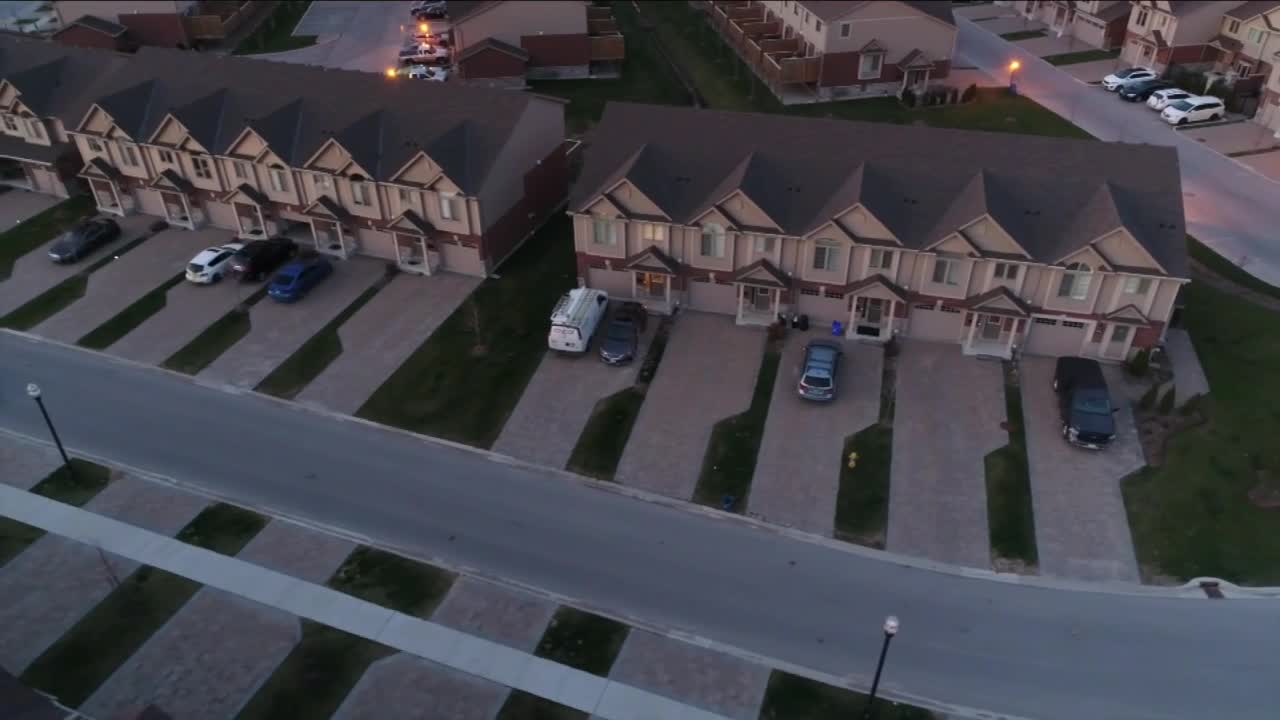PHOENIX — It’s a fact that study after study reveals: people are buying homes later in life, if at all, as housing costs soar.
A new Bankrate survey shows one in six aspiring homeowners gave up buying a home in the past five years because they could not find anything they liked or could afford. One third of respondents reported price was the deciding factor.
Consumer Leonidas Love says his mom had the dream of home ownership that many still chase.
“My mom in Seattle got her house in 1970. She paid $18,000,” Love said. “Now our house is at $875,000.”
Those numbers match average home prices in Seattle, then and now.
Today, at age 39, Love sticks to the renting route in Phoenix.
“The pricing now, it's so hard to do everything by yourself. You need a roommate,” Love said. “When you go to California, it's even higher. So you got three roommates there.”
Homes in Los Angeles and San Francisco cost ten times the median income, according to data from Harvard University. Nationwide, it’s five times the median income.
“There are the upper echelons of people in their 20s and 30s who may be able to do that, but by and large, the average or median American cannot buy a home in their late 20s or early 30s,” Stephen Kates, a Bankrate Financial Analyst, said.
Today, the median age of first-time homebuyers is 38, and the average homebuyer is 56, according to the National Association of Realtors.
Experts blame surging home prices and high mortgage rates.
“You add the combination of those together, and it means that the mortgage payment you'd have to carry on a monthly basis is 40-50% higher than it was even a few years ago,” Kates said.
It is not just young buyers who feel the pinch, but also Gen X and Baby Boomer homeowners.
“Even if they want to downsize, if they sell a home with like a 3.5% mortgage rate on it, and then buy a smaller home with a 6.5% mortgage rate on it, they might not save anything on their monthly payments,” Holden Lewis, a NerdWallet Home and Mortgage Expert, said.
So what can consumers do?
First: save.
“You don't need a 20% down payment to buy a home. You can get by with a 3% down payment,” Lewis said.
Next, adjust expectations.
“That, unfortunately, may be further away from the location that you would ideally be in,” Kates said. “It might be an older home. It might be a home that needs work. It might be a home that is kind of weird.”

Are you a Smart Shopper? What are your go-to saving tips and tricks?
Share your deals or ways to save here!
Condos, townhomes, or moving to a cheaper city could help.
“What we need to see to make homes more affordable is just an increase in the number of homes that are on the market for sale,” Lewis said.
One Federal Reserve study suggests pre-COVID affordability could return by 2030 to 2032.
“So that's five to seven years away,” Kates said.
In the meantime, he suggests consumers may want to look to other means to grow their money.
“For people who are renting, if they have the money to save into, let's say, the stock market, they have probably done OK,” Kates said.
For now, some are biding their time.
“It's just timing,” Love said. “You know, everything fluctuates.”



